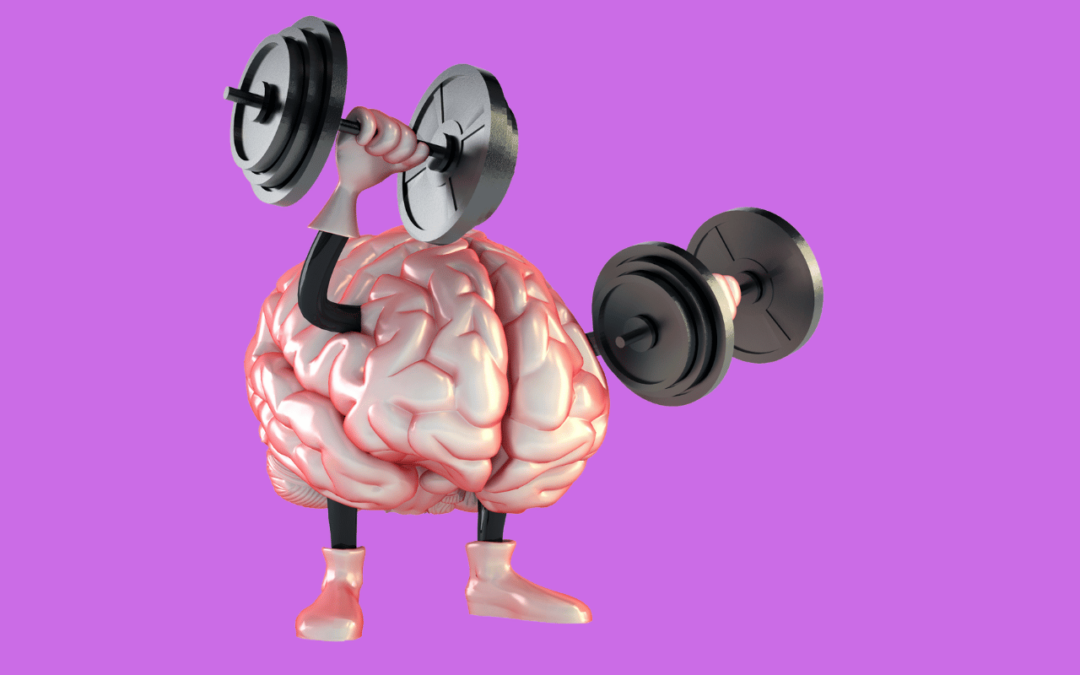When it comes to brain health, nurses talk a good game with their patients, but what about the nurse’s brain? Just like all aspects of physical, mental, emotional, and spiritual health, nurses must face up to the fact that they’re human beings, too, and their brains and bodies need thoughtful care just like anyone else’s.
How do you take care of your precious nurse’s brain?
Brain Health Basics: Not Just for Patients
Brain health is something we all need to prioritize. Since many nurses like you experience significant levels of on-the-job stress, disturbed sleep, and fatigue, it’s all the more important to consider how to keep your brain healthy and vibrant. After all, brain health isn’t just for your patients.
According to sources like Harvard Health, the Massachusetts Alzheimer’s Disease Research Center, and numerous studies and articles, brain health isn’t rocket science. The brain is a sensitive yet resilient organ, and for people like nurses who need their brains functioning optimally, the basics are a great place to begin.
All of the research seems to agree that the following comprise the foundation of brain health:
- Exercise
- Cardiovascular health
- Nutrition
- Sleep
- Social activity
- Novel mental stimulation
Exercise: Exercise contributes to cardiovascular health and muscular strength, of course, and it also supports sleep, mental health, and stress reduction. Making sure you get plenty of exercise (at least 150 minutes per week, according to the Centers for Disease Control and Prevention) is enough to keep your body moving, tone muscles, and provide significant benefits to your organs, including your awesome brain.
Cardiovascular health: With one American dying every 33 seconds from cardiovascular disease, it’s no wonder it’s the leading cause of death for most of the population.
Nurses work hard and sometimes eat and sleep poorly and fail to exercise, so this isn’t something you can ignore. Night shiftwork is associated with increased risk. Thus, many nurses who work the graveyard shift need to consider how to maintain cardiovascular health.
Nutrition: Nurses are well-versed in biology and understand that brain health depends on the brain’s hungry cells being bathed with nutritional goodness. It’s also no secret that nurses eat poorly when working long shifts without meal breaks. As such, preparing healthy meals quickly goes out the window.
How well do you eat, and how do you feel your nurse’s brain is being fed? It’s an organ you rely on to be a good nurse, and you ignore its nutritional needs at your peril.
Sleep: Good sleep is something most nurses only dream about, but its importance can’t be overstated. As mentioned above, night shifts can have damaging effects on cardiovascular health. Since humans are the only animals that deliberately deprive themselves of sleep, we must consciously protect ourselves against sleep loss.
Social activity: When we work hard, care for our families, and tend to the needs that modern life demands, our social lives can suffer. However, research demonstrates that increased social activity can lead to higher amounts of grey matter in areas of the brain related explicitly to the development of dementia.
Decreased social isolation, increased mental acuity, and other benefits directly result from your social activity. Thus, hard-working nurses still need to nurture their social lives, friendships, and other connections.
Novel mental stimulation: Research is unambiguous about brain plasticity and the benefits of novel mental activity for brain health. Reading, challenging yourself to do new things, and otherwise engaging your brain are ways to stimulate and keep your brain sharp.
As a nurse, you can read research, study for a certification, or even return to school. You can also read books that interest you, listen to music, take part in brain-stimulating activities like hobbies, and make sure you’re doing things that are cognitively engaging. Lucky for you, nursing itself is generally a very mentally stimulating occupation that requires you to respond to novel situations, interact with others, solve problems, and think critically.
Love Your Brain
Your nurse’s brain is worth much more than its weight in gold. This precious organ is the key to your success, the seat of your brilliant nurse’s mind, and the central organizing powerhouse of all human activity.
Your brain brought you to where you are, including the education, learning, skill-building, life experience, networking, job hunting, and personal and professional growth it took to make you who you are.
Your brain is essential for all bodily processes, as well as the mechanisms of communication, learning, emotion, and the processing of all external stimuli. No matter how stressful life and work, you must prioritize keeping your brain healthy and in optimal condition.
To protect your brain and overall health, you can engage in the practices and habits that will protect against dementia, stroke, heart attack, and other conditions. The rewards are innumerable, and the risks of not doing so are beyond measure. Prioritize your brain, and you’ll reap the dividends for the rest of your days.
- Break the Inertia of Your Knowing - April 29, 2024
- The Road to Becoming an FNP - April 22, 2024
- Embracing Cultural Competence and Cultural Safety - April 17, 2024



